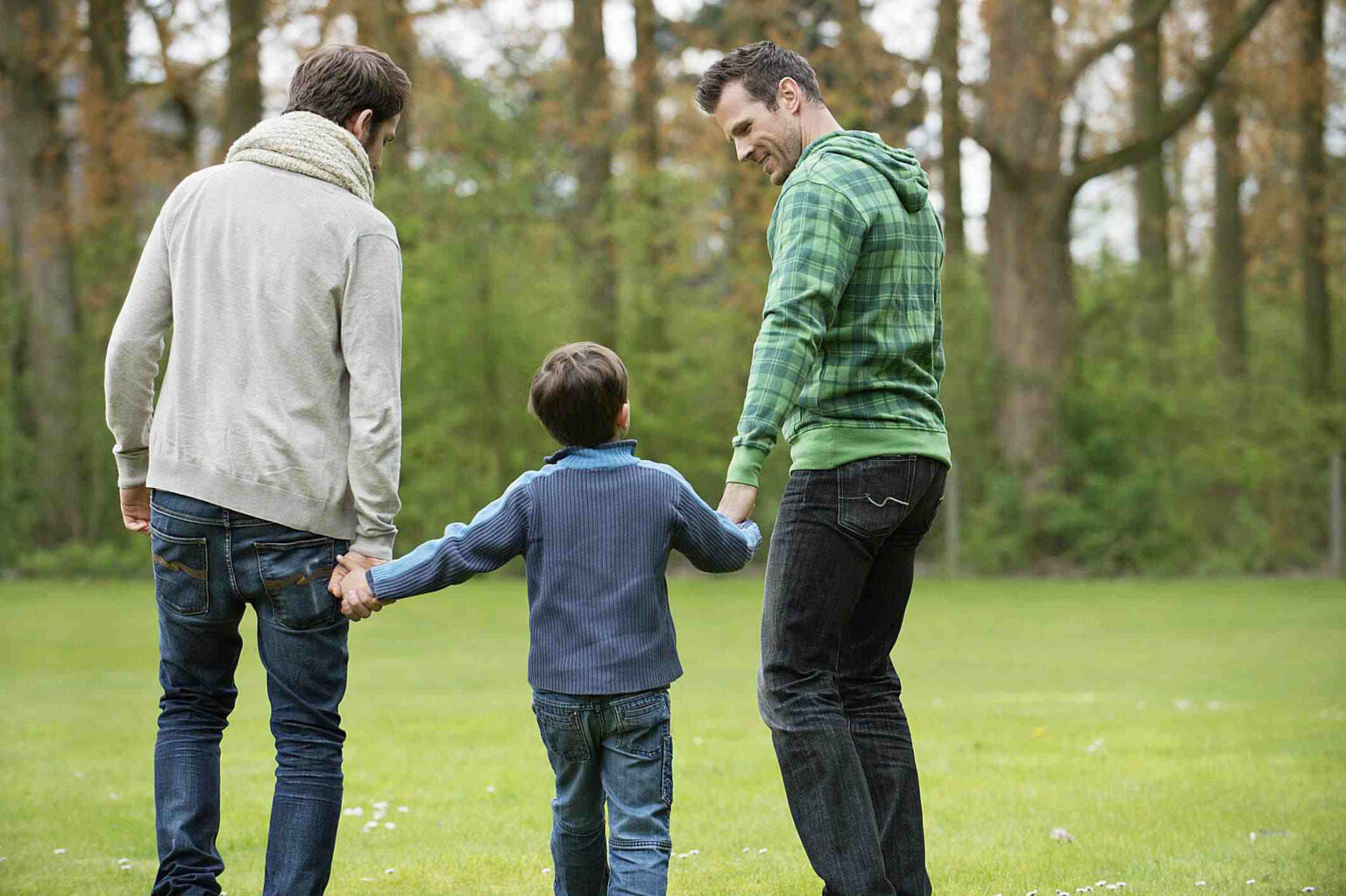
Bethany Christian Services: Is their new rule pushing LGBTQ rights forward?
You may have heard Bethany Christian Services’ name in the news, especially if you follow LGBTQ+ rights. This Evangelical adoption agency and foster care service has been notorious for barring couples who aren’t straight from adopting kids from their agency. However, thanks to a new rule change announced today, banning LGBTQ couples from adopting may be a thing of the past there.
Bethany Christian Services announced they would allow LGBTQ couples to adopt from their agency. The New York Times reported the rule change came after more & more states require adoption agencies to accept LGBTQ applicants to receive state funding. Thus, did Bethany Christian service really have a change of heart, or did states inspire the rule change? Let’s take a look.

Bethany Christian Services
Evangelical adoption agency Bethany Christian Services is based in Grand Rapids, Michigan. Their website explains they’ve been helping children for “over seventy-five years” and serve over 500,000 families in the U.S. and around the world.
Their site touts their work with refugees, children with disabilities, and people who have placed their biological children up for adoption. Bethany Christian Services’ website features numerous blog posts about adoption topics, including open adoptions, welcoming kids with different needs, and the role churches play in welcoming “birth mothers”.
LGBTQ Nation stated Bethany Christian Services’ policies didn’t openly address whether queer couples were allowed to adopt until 2007, when they added this clause in their policy: “God’s design for the family is a covenant and lifelong marriage of one man and one woman.”

The decision
While the decision is seemingly more inclusive, the language of Bethany Christian Services’ decision didn’t use the words LGBT, LGBTQ, queer, or anything. Their official decision stated: “will now offer services with the love and compassion of Jesus to the many types of families who exist in our world today.”
The decision was announced to about 1,500 staff by Bethany Chrisitan Services president Chuck Palusky, who further called the decision “an ‘all hands on deck’ approach where all are welcome”.

Bethany Christian Services removed their 2007 clause and included a new statement: “Christians of mutual good faith can reasonably disagree on various doctrinal issues, about which Bethany does not maintain an organizational position.”
As of this writing, there’s no comment on their Facebook or Twitter page announcing their decision. However, their followers are commenting on the decision. One woman tweeted “I’m a straight woman, a Christian, and an educator. Every child deserves a loving home.” However, another Twitter netizen called their decision “heresy” and told Bethany Christian Services to take Christian out of their name.

Changing landscape in adoption
According to The New York Times, over 20% of LGBTQ couples adopt versus 3% of straight couples. LGBTQ couples are more likely to have a foster child.
The New York Times further explained that Bethany Christian Services has had a history of referring LGBTQ couples to other agencies. In Philadelphia, after an article exposing adoption agencies’ refusal to work with LGBTQ couples broke in The Philadelphia Inquirer, and the ensuing public outcry, the city suspended contracts with religious agencies like Bethany Christian Services until they agreed to serve all families.
Bethany Christian Services Philadelphia reportedly complied with Philadelphia’s ruling, However, Catholic Social Services, another Christian agency that reportedly only works with straight couples, sued the city. Their case was heard by the Supreme Court in November and a ruling is expected to be made this June.

Doctrinal schisms
“For too long the public witness of Christianity has been anti-this or anti-that”, Guthrie Graves-Fitzsimmons said about Bethany Christian Service’s decision. Graves-Fitzsimmons is a fellow with the Faith and Progressive Policy Initiative at the Center for American Progress. “Today the focus is on serving children in need.”
However, other religious officials decried the decision, including the president of the Southern Baptist Convention’s Ethics and Religious Liberty Commission Russel Moore. “This move will harm already existing efforts to enable faith-based orphan care ministries to serve the vulnerable without capitulating on core Christian convictions”, he added.







